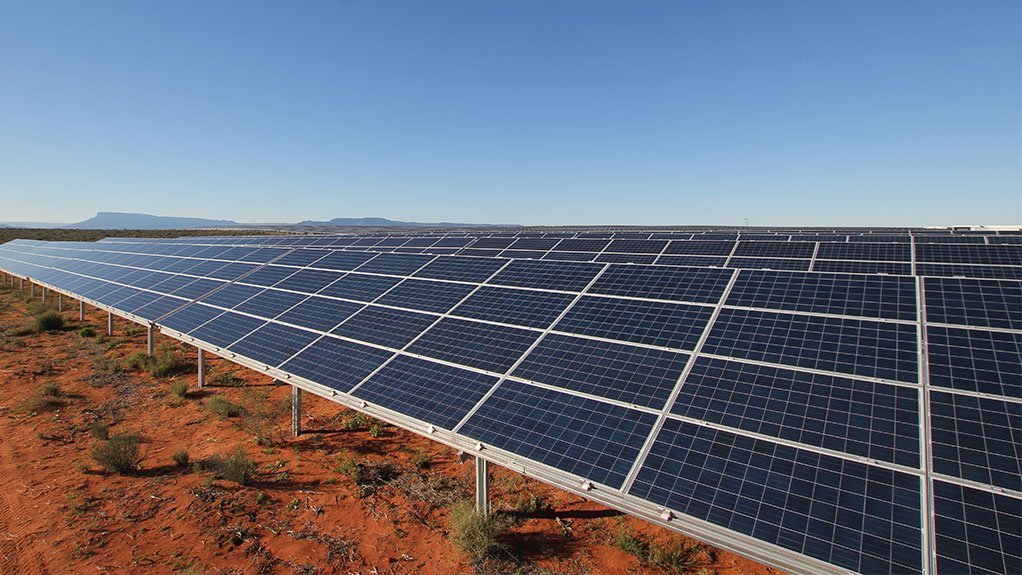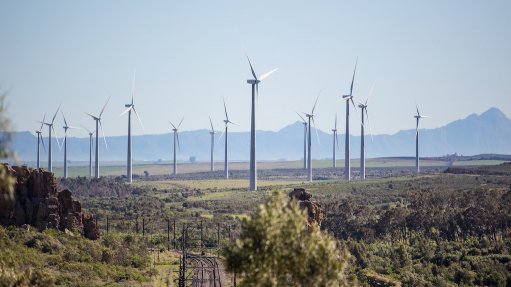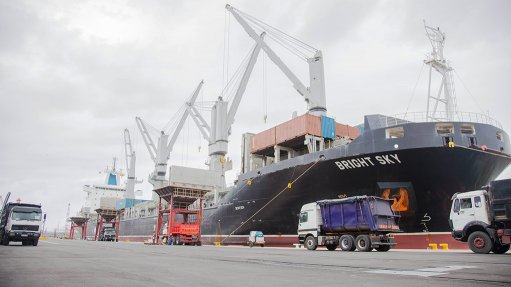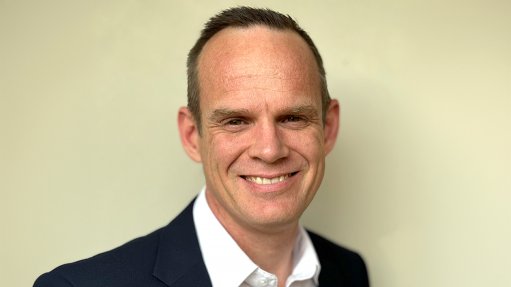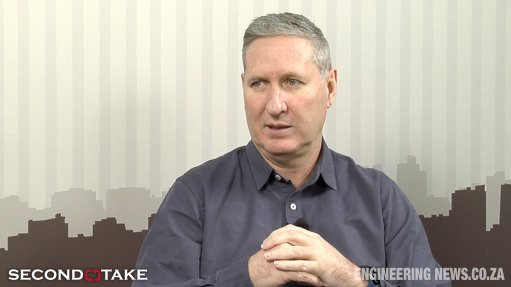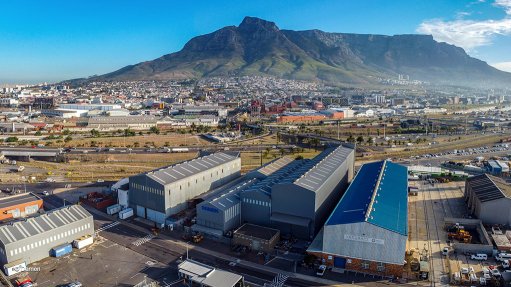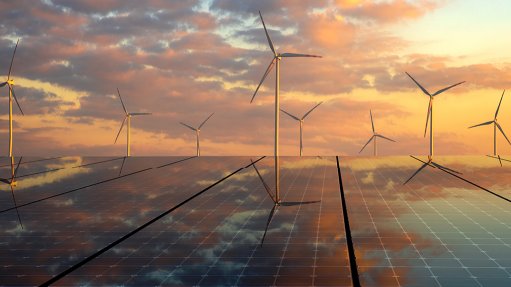WEF Energy Transition Index at its highest ever, but global progress slowing
The global energy transition to a more equitable, secure and sustainable energy system is still progressing, but has lost momentum in the face of increasing uncertainty worldwide, international economic organisation the World Economic Forum's (WEF's) Energy Transition Index (ETI) 2024 shows.
The global average ETI scores reached a record high, but the slowdown in the pace of the global energy transition, first identified in 2022, intensified in the past year.
Additionally, the gap in overall ETI scores has narrowed between advanced and developing economies and the centre of gravity of the transition is moving to developing countries. However, clean energy investment continues to be concentrated in advanced economies and China.
“This underscores the need for financial support from advanced nations to facilitate an equitable energy transition in emerging and developing nations and forward-thinking policy-making in all nations to foster truly conducive investment conditions.”
However, no universal solution exists, and policies could be tailored to each country’s unique needs, based on factors such as income level, national energy resources and needs, as well as regional context.
“While 107 of the 120 countries benchmarked in the report demonstrated progress on their energy transition journeys in the past decade, the overall pace of the transition has slowed and balancing its different facets remains a key challenge.
“Economic volatility, heightened geopolitical tensions and technological shifts have all had an impact, complicating its speed and trajectory.
“There is, however, some reason for optimism, with increasing global investments in renewables and significant growth in energy transition performance in sub-Saharan Africa over the past decade,” the WEF says in the report.
The world remains off-track to meet net-zero ambitions by 2050 and keep global warming to no more than 1.5 °C, as called for in the Paris Agreement, but there has been notable progress in energy efficiency and a marked increase in the adoption of clean energy sources.
Energy transition momentum has been slowed by setbacks in energy equity, driven by rising energy prices in recent years. Energy security continues to be tested by geopolitical tensions, the organisation says.
“This year’s ETI delivers a clear message that urgent action is needed. Global decision-makers must make bold moves to regain momentum in the transition towards an equitable, secure and sustainable energy future. This is critical for people, entire economies and the fight against climate change,” says WEF energy transition intelligence and regional acceleration head Espen Mehlum.
“Transforming how we produce and consume energy is critical to success. We need to act on three key levers for the energy transition urgently, namely reforming the current energy system to reduce its emissions, deploying clean energy solutions at scale, and reducing energy intensity per unit of GDP,” adds WEF Centre for Energy and Materials head Roberto Bocca.
Innovation is a key enabling factor for the energy transition and can reduce costs, scale key technologies, renew and reskill the workforce and attract investments. Despite a recent slowdown in innovation progress and a drop in global startup investments in 2023, there are areas where innovation is accelerating, the ETI report showed.
“C-suite executives consistently emphasise that a clear business case is a prerequisite for attracting investments in the energy transition, especially in the face of higher interest rates and the emerging talent shortage.
“We believe that a strong digital core, enabled by generative AI, can boost productivity, thereby enhancing returns and talent availability and unlocking a new wave of investments,” says IT professional services and consulting company Accenture Strategy Group CE Muqsit Ashraf. Accenture published the ETI in collaboration with the WEF.
Digital innovations, including generative AI, offer significant opportunities to fill the gap in innovation progress and in global startup investments, and reinvent the energy industry by enhancing productivity.
Generative AI's ability to analyse vast quantities of data can provide innovative forecasts and solutions, or streamline existing operations to increase efficiencies, among other benefits. However, to fully realise this potential, it will be crucial to responsibly and equitably address the risks and challenges posed by these technologies.
Meanwhile, Europe continues to lead the ETI rankings, with the top ten list for 2024 fully composed of European countries. Sweden ranks first and Denmark second in the rankings, having both placed in the top three countries each year for the past decade. They are followed by Finland in third, Switzerland in fourth and France ranking fifth.
These countries benefit from high political commitment, strong investments in research and development, and expanded clean energy adoption, which are accelerated by the regional geopolitical situation, energy-efficiency policies and carbon pricing.
“France is a new entrant in the top five, with recent energy-efficiency measures reducing energy intensity in the past year,” the ETI 2024 report highlights.
Further, the report indicates that 83% of countries achieved lower scores than last year on at least one of the primary performance dimensions of the energy transition, namely sustainability, equity and security.
China has joined the top 20 ranked countries – twentieth in the ETI 2024 – buoyed by increases in renewable-energy capacity.
In 2023, China significantly scaled up its renewable-energy capacity and continued to grow and invest in its manufacturing capability in clean technologies, such as batteries for electric vehicles, solar panels, wind turbines and other critical technologies.
China, together with the US and India, is also leading in developing new energy solutions and technologies, the WEF's ETI shows.
Further, China and Brazil have progressed significantly in recent years, primarily driven by long-term efforts to increase the share of clean energy and enhance their grid reliability.
Brazil’s ongoing commitment to hydropower and biofuels, recent strides in solar energy, along with initiatives tailored to create new opportunities, have been key in attracting investments, the report notes.
“We must ensure that the energy transition is equitable, in and across emerging and developed economies,” says Bocca.
Comments
Press Office
Announcements
What's On
Subscribe to improve your user experience...
Option 1 (equivalent of R125 a month):
Receive a weekly copy of Creamer Media's Engineering News & Mining Weekly magazine
(print copy for those in South Africa and e-magazine for those outside of South Africa)
Receive daily email newsletters
Access to full search results
Access archive of magazine back copies
Access to Projects in Progress
Access to ONE Research Report of your choice in PDF format
Option 2 (equivalent of R375 a month):
All benefits from Option 1
PLUS
Access to Creamer Media's Research Channel Africa for ALL Research Reports, in PDF format, on various industrial and mining sectors
including Electricity; Water; Energy Transition; Hydrogen; Roads, Rail and Ports; Coal; Gold; Platinum; Battery Metals; etc.
Already a subscriber?
Forgotten your password?
Receive weekly copy of Creamer Media's Engineering News & Mining Weekly magazine (print copy for those in South Africa and e-magazine for those outside of South Africa)
➕
Recieve daily email newsletters
➕
Access to full search results
➕
Access archive of magazine back copies
➕
Access to Projects in Progress
➕
Access to ONE Research Report of your choice in PDF format
RESEARCH CHANNEL AFRICA
R4500 (equivalent of R375 a month)
SUBSCRIBEAll benefits from Option 1
➕
Access to Creamer Media's Research Channel Africa for ALL Research Reports on various industrial and mining sectors, in PDF format, including on:
Electricity
➕
Water
➕
Energy Transition
➕
Hydrogen
➕
Roads, Rail and Ports
➕
Coal
➕
Gold
➕
Platinum
➕
Battery Metals
➕
etc.
Receive all benefits from Option 1 or Option 2 delivered to numerous people at your company
➕
Multiple User names and Passwords for simultaneous log-ins
➕
Intranet integration access to all in your organisation



